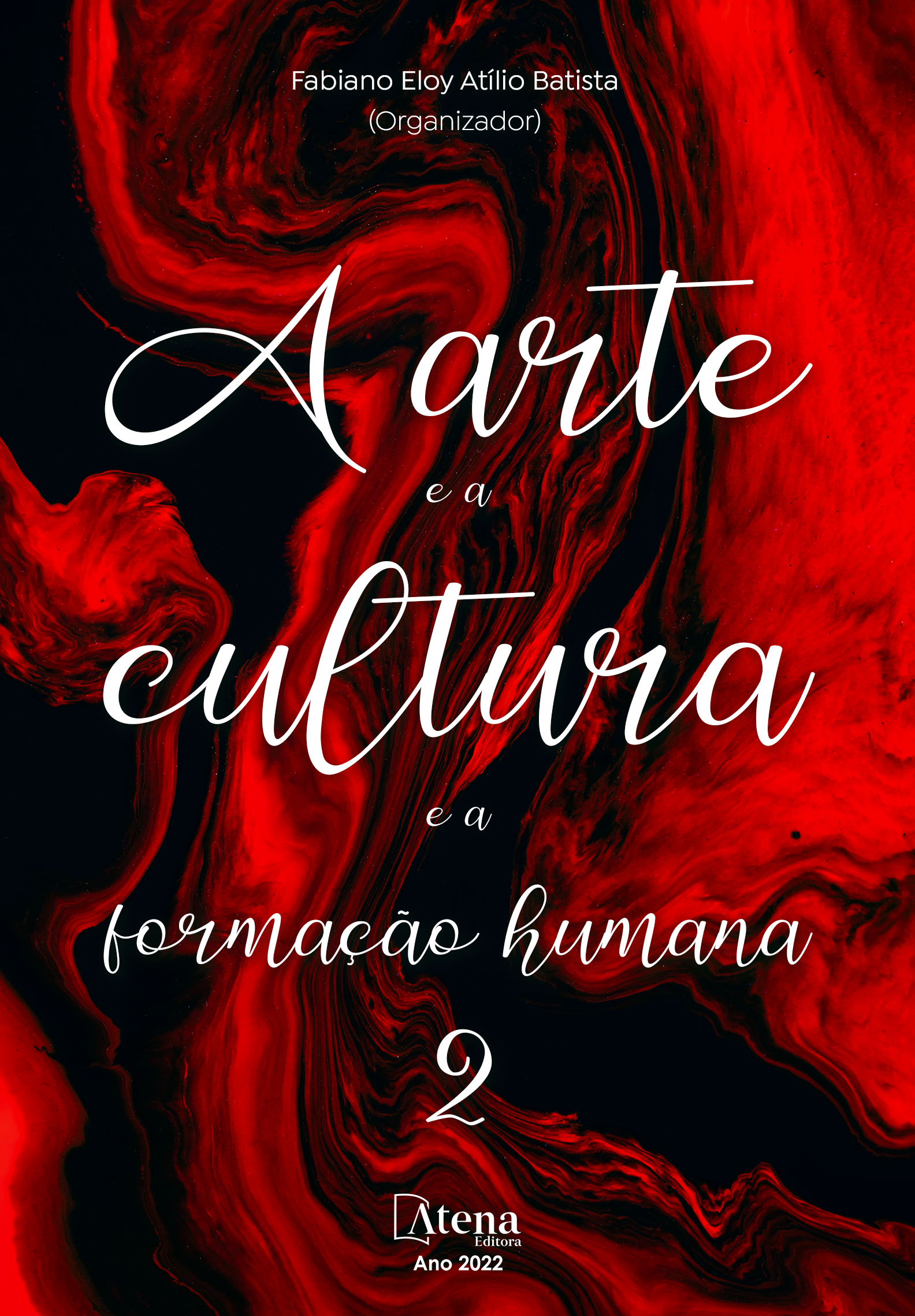
MULHERES NA MÚSICA DA AMAZÔNIA: PROJETO INSTITUCIONAL DE CONSERVAÇÃO E DIFUSÃO DE CANÇÕES DE AUTORIA FEMININA NO PARÁ, DA BELLE ÉPOQUE ATÉ A PRIMEIRA METADE DO SÉCULO XX
A criação do “Acervo MUSA: Mulheres na Música da Amazônia” é resultado do projeto de pesquisa institucional em andamento vinculado à Escola de Música da Universidade Federal do Pará, escola pública de ensino especializado em Belém/PA, e em sua primeira etapa volta-se à criação do “Cancioneiro Feminino no Pará”, que objetiva a editoração, revisão crítica, registro fonográfico e difusão de canções manuscritas de autoria feminina no Pará, da Belle Époque até a metade do século XX, nunca antes editadas. O percurso metodológico adotado para a construção do “Cancioneiro Feminino no Pará” divide-se nas seguintes etapas: a primeira referente à pesquisa documental, como ponto de partida para seleção do “corpus” da pesquisa; a segunda etapa consiste na pesquisa bibliográfica para aporte teórico a partir da perspectiva dos estudos culturais e de gênero. A terceira etapa que consiste na descrição e estudo musical do material coletado, editoração, revisão crítico-musical e registro fonográfico; e por fim, a quarta etapa que consiste na discussão e divulgação de resultados. O conjunto documental pesquisado envolve o quantitativo de 54 canções manuscritas, de 11 autoras nascidas até 1920 ou que viveram em Belém do Pará durante a primeira metade do século XX. As canções reunidas neste primeiro cancioneiro estão em fase de editoração e revisão musical. As canções de autoria feminina no Pará dentro do recorte temporal proposto permite a compreensão sociocultural da região e os resultados preliminares apontam para a compreensão dessas produções a partir das práticas de consumo de bens culturais, das relações sociais e estruturas institucionais da época.
MULHERES NA MÚSICA DA AMAZÔNIA: PROJETO INSTITUCIONAL DE CONSERVAÇÃO E DIFUSÃO DE CANÇÕES DE AUTORIA FEMININA NO PARÁ, DA BELLE ÉPOQUE ATÉ A PRIMEIRA METADE DO SÉCULO XX
-
DOI: 10.22533/at.ed.7112211049
-
Palavras-chave: Canção; Autoria Feminina; Estudos Culturais e de Gênero.
-
Keywords: Song; Female Authorship; Cultural and Gender Studies;
-
Abstract:
The creation of the “MUSA Collection: Women in Amazon Music” is a result of a current institutional research project associated to the Federal University of Pará- School of Music, which is a public school for specialized education in Belém/ PA. The project’s first stage is turned to the creation of “Women’ songbook of Pará” that aims the editing, critical review, phonographic recording and dissemination of handwritten songs by female authors in Pará, from Bélle-Époque to the mid-20th century never before edited. The methodological path adopted for the construction of the “Women’ songbook of Pará” is divided into following steps: the first refers to documentary research, as a starting point for selecting the research corpus; the second stage consists of bibliographical research for theoretical support from the perspective of cultural and gender studies. The third stage consists in the description and musical study of the collected material, editing, critical review and phonographic recording; and finally, the fourth stage, which consists of the discussion and dissemination of results. The researched documental set involves the the quantitative of 54 handwritten songs, by 11 female authors born until 1920 or who lived in Belém/ Pará during the first half of the 20th century. The songs gathered in this first songbook are in the editing, music review phase. The songs written by women in Pará within the proposed frame allow the sociocultural understanding of the region and the preliminary results point to the understanding of these production from the practices of consumption of cultural goods, social relations and institutional structures at that time.
-
Número de páginas: 12
- Leonardo José Araujo Coelho de Souza
- DIONE COLARES DE SOUZA


